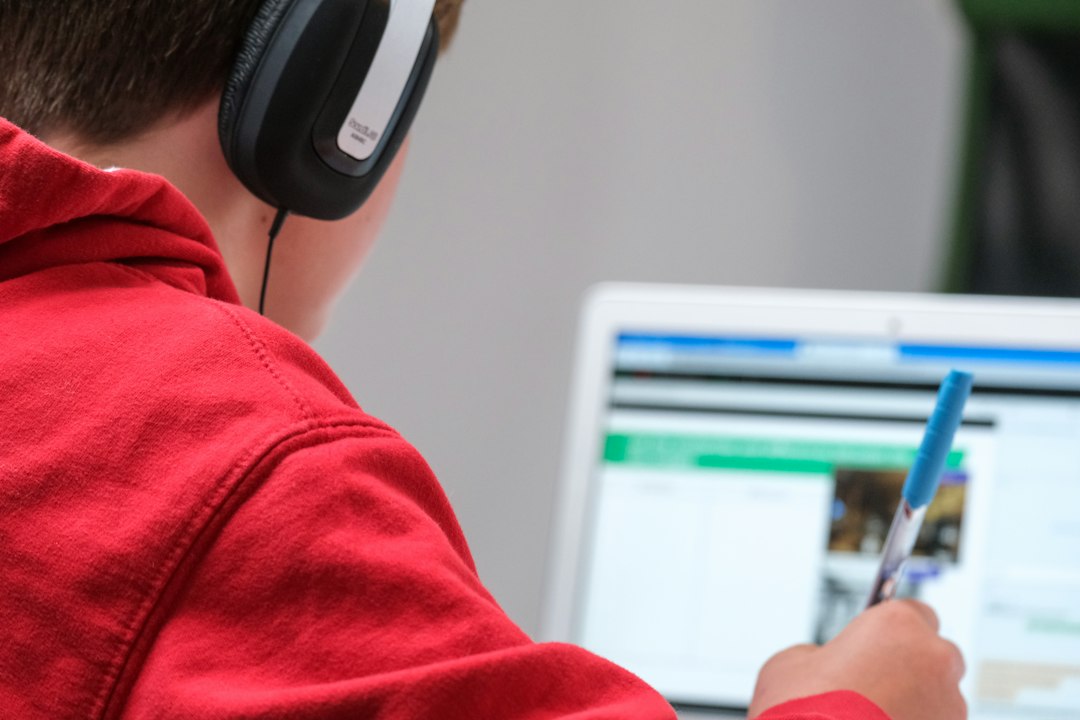Outdoor education has gained significant recognition in recent years as an effective tool for promoting student development. By taking students out of the traditional classroom setting and immersing them in the wonders of nature, outdoor education encourages a holistic approach to learning and has a profound impact on their personal, social, and cognitive development.
First and foremost, outdoor education enables students to develop a sense of independence and self-reliance. When faced with various challenges in the great outdoors, students learn to think critically and problem-solve, developing valuable skills that they can apply to all aspects of their lives. Whether it’s setting up a tent, navigating through a forest, or cooperating in team-building activities, students develop a sense of agency and self-confidence that is often lacking within the confines of a classroom.
Moreover, outdoor education promotes physical health and well-being. In today’s fast-paced digital world, children are spending less time outdoors and more time engaged in sedentary activities. Outdoor education provides an opportunity for students to engage in physical activities, such as hiking, biking, or canoeing, which not only improves their physical fitness but also enhances their mental well-being. Studies have shown that spending time in nature reduces stress, improves concentration, and boosts overall happiness levels.
In addition to physical health, outdoor education fosters environmental awareness and a sense of responsibility towards nature. By exposing students to the beauty and fragility of the natural world, they develop a deeper understanding of the importance of conservation and sustainable practices. They become more conscious of their ecological footprint and acquire the knowledge and skills necessary to become responsible stewards of the environment.
Furthermore, outdoor education enhances social skills and promotes teamwork. Group activities, such as ropes courses or camping trips, require students to communicate, collaborate, and rely on one another. This fosters a sense of camaraderie and teaches students valuable interpersonal skills, such as listening, empathy, and conflict resolution. These skills are essential for success in both personal and professional life.
Lastly, outdoor education has a positive impact on academic learning. Numerous studies have shown that students who participated in outdoor education programs scored higher on tests and had improved academic performance. Nature serves as a living laboratory, providing endless opportunities for hands-on learning and inquiry-based teaching. Whether it’s studying ecology, conducting experiments, or analyzing geological formations, outdoor education sparks curiosity and ignites a passion for learning in students.
In conclusion, the impact of outdoor education on student development is significant and far-reaching. By providing a unique and immersive learning experience, outdoor education fosters independence, physical health, environmental awareness, social skills, and academic success. It is crucial for schools and educators to recognize the value of outdoor education and incorporate it into their curriculum to ensure that students receive a well-rounded education that caters to their holistic development.
